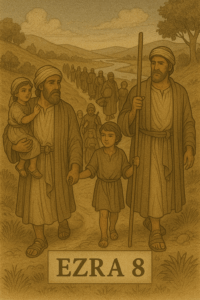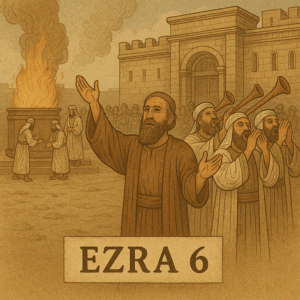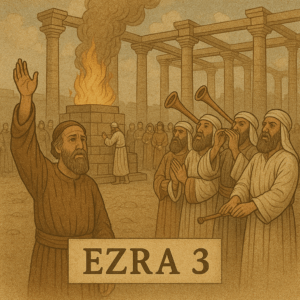Introduction.
Numbers 31 presents an episode where the Israelites, instructed by God, wage war against the Midianites. This act of retribution for the Midianite seduction of Israel into idolatry highlights significant themes such as divine justice, the consequences of sin, and the governance of war. Through this analysis, we delve into the ethical and spiritual dimensions of this biblical account and its implications for understanding justice and morality in a religious framework.
The command for war.
The chapter begins with God’s command to Moses to take vengeance on the Midianites for their role in leading Israel astray. This directive underscores the concept of divine justice, where retribution is not only an act of punishment but also a restoration of moral order and sanctity among the people.
The conduct of the war.
The Israelites, led by Phinehas, carry out the war with precision and obedience. The victory over the Midianites, including the capture of spoils and prisoners, is detailed meticulously, reflecting the structured approach to warfare in ancient times. The division of spoils and treatment of captives are governed by specific divine instructions, ensuring that the conduct of war aligns with God’s laws.
Ethical considerations and divine justice.
Moral implications of war: The narrative raises important questions about the morality of war and the responsibilities of those who are commanded to wage it. It challenges readers to consider the balance between justice and mercy.
Purification and consecration: Following the battle, the process of purification for the warriors and the consecration of spoils highlight the importance of spiritual cleanliness and the dedication of material gains to God.
Lessons for today.
Understanding divine will: Numbers 31 teaches us about discerning and implementing divine will, especially in complex and challenging situations.
Ethics in conflict: The chapter provides a foundation for discussing ethical behavior in times of conflict, emphasizing the need for strict adherence to moral codes.
The cost of sin: The severe consequences faced by the Midianites serve as a stark reminder of the destructive power of sin and the seriousness with which it is regarded in a biblical context.
Conclusion.
Numbers 31 confronts us with the harsh realities of divine justice and the complexities of executing such justice. As modern readers, this chapter encourages us to reflect on our own views of justice, retribution, and the ethical conduct of warfare, urging a thoughtful consideration of how we apply biblical principles to contemporary moral dilemmas.
Reflection.
Consider how the themes of justice and warfare in Numbers 31 resonate with current global issues. What lessons can we draw from this biblical account to inform our understanding of justice and ethical behavior in today’s world?




